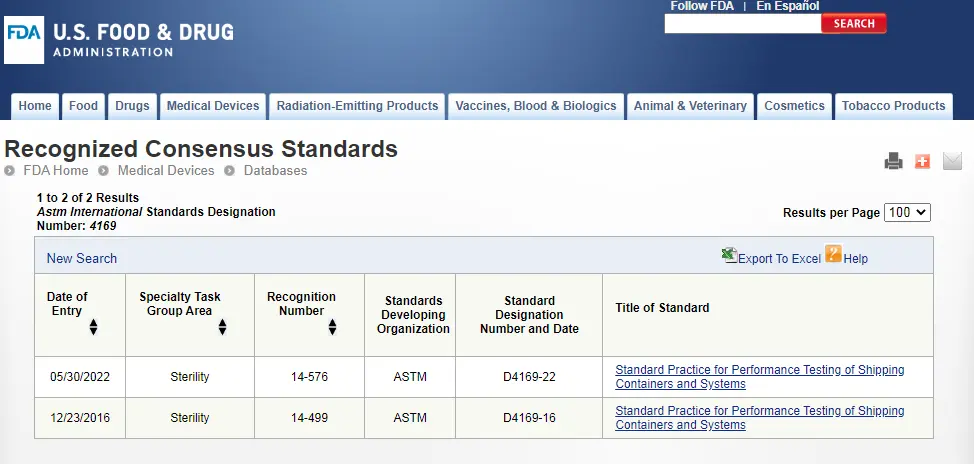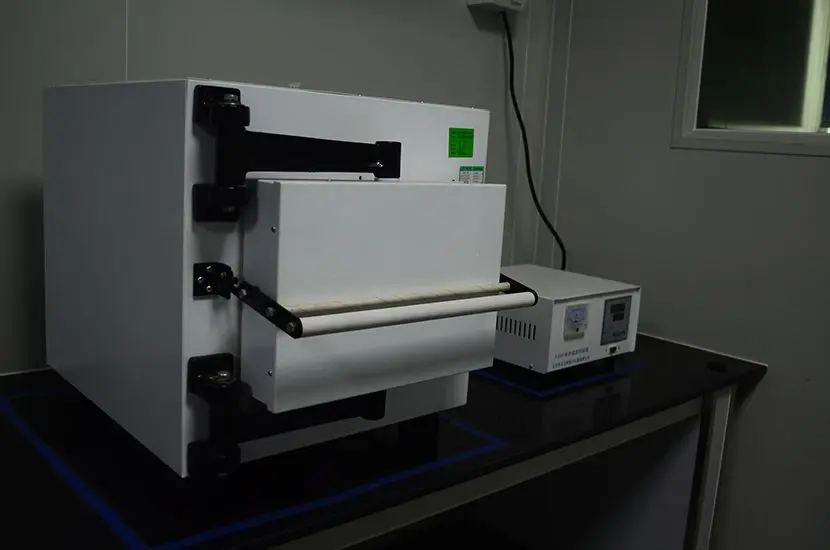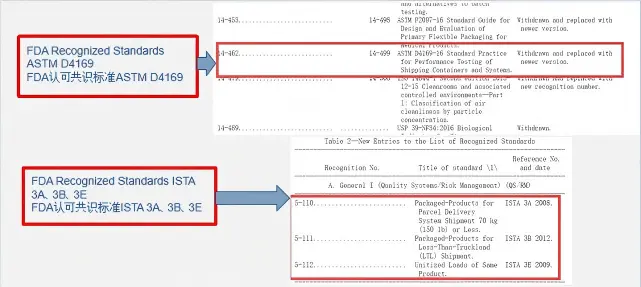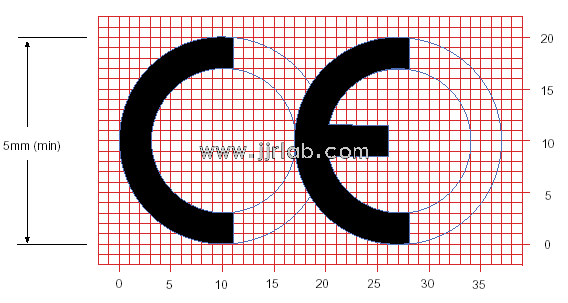
How much does Singapore IMDA certification cost?
What is Singapore IMDA Certification?
Singapore IMDA certification is a regulatory and certification process conducted by the Infocomm Media Development Authority (IMDA) of Singapore for telecommunications equipment, services, and applications sold or provided in the Singapore market. The IMDA is a government agency responsible for regulating the information and communication industry, including telecommunications, broadcasting, and media sectors.
The purpose of IMDA certification is to ensure that telecommunications equipment, services, and applications sold or provided in the Singapore market comply with Singapore’s regulations, technical standards, and safety requirements. This helps protect consumer interests, maintain market order, and promote the healthy development of the information and communication industry.
Singapore IMDA Certification Requirements:
1. Technical Specifications: Equipment must meet Singapore's telecommunications standards and technical specifications to ensure performance meets industry requirements.
2. Electromagnetic Compatibility (EMC) Testing: Ensures that equipment does not cause electromagnetic interference to the surrounding environment and other devices.
3. Safety Assessment: Equipment must pass safety assessments to ensure it does not pose a risk of network attacks.
4. Specific Absorption Rate (SAR) Testing: Ensures that the equipment does not pose health hazards during use.
5. Labeling Requirements: Certified equipment must bear the IMDA-specified label to indicate compliance with certification requirements.
Singapore IMDA Certificate Application Process:
1. Prepare Documentation: Prepare technical documents, test reports, product specifications, etc., that meet IMDA requirements.
2. Application Registration: Register an account on the IMDA official website and fill out the certification application form.
3. Submit Documentation: Submit the prepared documents to IMDA, including product technical documents, test reports, etc.
4. Pay Fees: Pay the relevant certification fees, which vary based on the type of equipment and scope of certification.
5. Review: IMDA will review the submitted documents to ensure the equipment meets certification requirements.
6. Testing Certification: After passing the review, IMDA may require further testing of the equipment. Testing is usually conducted by IMDA-accredited laboratories.
7. Issuance of Certificate: If the equipment passes the tests and meets certification requirements, IMDA will issue a certification certificate.
Singapore IMDA Certificate Fees:
1. Application Fee: Applicants must pay an application fee of SGD 535 (including GST) to the IMDA.
2. Evaluation Fee: Applicants also need to hire an evaluation agency (from the IMDA-designated group) for certification evaluation. The evaluation fee can range from USD 14,000 to USD 100,000, depending on the complexity of the equipment and testing requirements.
Singapore IMDA Certificate Validity:
The validity period of the IMDA certification certificate is generally 5 years. However, there are references indicating that the certificate validity may be 3 years, which might be due to different validity requirements for various types of equipment or services. Therefore, it is essential to verify the latest validity information with IMDA before applying.
Important Notes:
- Regular Updates and Maintenance: Devices with IMDA certification need regular updates and maintenance to ensure compliance with the latest technical and safety standards.
- Validity Period: The validity of the certificate is generally 3 or 5 years, depending on the certification category and IMDA regulations.
Email:hello@jjrlab.com
Write your message here and send it to us
 ASTM D4169 Drop Test
ASTM D4169 Drop Test
 ASTM D4169 Packaging Simulation Transportation Tes
ASTM D4169 Packaging Simulation Transportation Tes
 What is ASTM D4169 Testing?
What is ASTM D4169 Testing?
 ASTM D4169-23 Test Standard Revision
ASTM D4169-23 Test Standard Revision
 Transport Simulation Testing for Medical Device Pa
Transport Simulation Testing for Medical Device Pa
 EU CE Certification Guidelines for Lighting Fixtur
EU CE Certification Guidelines for Lighting Fixtur
 Lithium Battery Export: CB Certification & IEC
Lithium Battery Export: CB Certification & IEC
 How to Apply for One FCC Certificate for Multiple
How to Apply for One FCC Certificate for Multiple
Leave us a message
24-hour online customer service at any time to respond, so that you worry!




